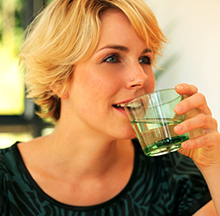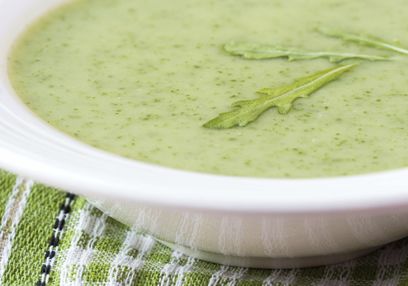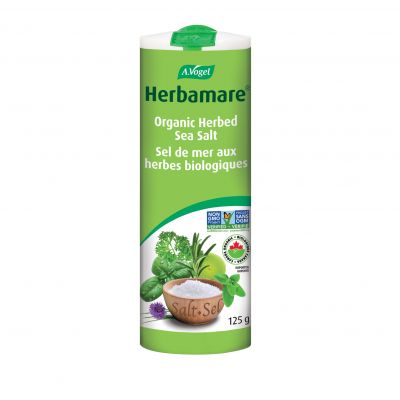The hormonal changes
Typically, if you are exclusively breastfeeding, you likely won't have your period for a while (up to 6 months or more). To produce breast milk, the brain produces higher levels of the hormone prolactin. This typically means that ovulation won't occur (the ovaries won't release eggs).
It isn't an absolute rule though, some women get their period back early on, even when nursing. In contrast, people who don't breastfeed may get their periods as early as four to eight weeks after giving birth.
Have you noticed that PMS mimics the early stages of pregnancy hormonally, after having a baby? Many women experience sore breasts, irritable moods and feel nauseous the week before their period. When the menstrual cycle returns, some women experience a pattern shift (differences in PMS symptoms, cramps, duration or heaviness, mood changes or all of the above) after their first baby, and then may have another menstrual 180 after their second or third child. Still others may have no changes at all.
The changing of the uterus
Some women experience heavier, longer or more painful periods after having a baby. These changes may relate to a larger uterine cavity causing more endometrium (mucous lining the uterus) to shed. While for others, their periods improve and their pms too. It might be linked to the uterus and cervix expanding during pregnancy and the hormones released during that time that help relax the uterine muscles.
Some people may even notice changes in the intensity of the cramps they experience. This is because the uterus grows during pregnancy and contracts after birth (although it may not be as small as it used to be). When that happens, the body's uterine lining—the tissue that normally sheds during your period—has to rebuild.
Do you feel like your hormones are out of balance after being pregnant?
The whole life shifts
The messy house, the screaming children, the meal prep, the mental load, meeting everyone's needs, work, all this and more. As precious as having children may be and as grateful, we may be for a house full of life and creating memories, it can become a lot. Especially when you're in that phase of the month. It can feel overwhelming to juggle it all at once while you're experiencing hormonal changes. That's without talking about patience, or rather, the lack of it. The fuses are short, the tantrums numerous — and I'm not talking about the kids. PMS after kids sometimes brings the baby out of us.
Back to normal?
It is unlikely that the postpartum pms and period will return to the same routine and rhythm as the prenatal period, but eventually a pattern will be found, and you will be able to figure it out. Although If heavier bleeding or increased pain is making your periods harder to manage, see your doctor or health practitioner.
Underlying issues such as fibroids, cysts, endometriosis or polyps can cause discomfort, so it is always important to seek professional advice and support.
Soothing PMS after pregnancy
Heating pads and hot baths are great when you have PMS. Take that moment at the end of your day when everyone is in bed to take a warm bath; add a few drops of lavender essential oil to a diffuser, throw in a soothing bath bomb and release the tension and discomfort.
Even if you're in a hurry to get to bed, a 10-minute bath may be just what you need to soothe some of the discomforts of PMS. Some women claim that acupuncture and massage can also help.
Herbal remedy
I am fascinated by the myriad of ways herbs can rebalance and nourish the body, and Vitex is in my opinion a great one. This amazing herb has been used for centuries for its restorative effects. Vitex, also known as chasteberry, is most commonly used to regulate the menstrual cycle and increase fertility. The fruits of this medicinal plant stimulate and balance the hormones, promoting ovulation and regular menstrual cycles. Vitex acts on the hypothalamus and pituitary glands of the brain by increasing the production of luteinizing hormone (LH) and slightly inhibiting the release of follicle-stimulating hormone (FSH). As a result, the ratio of estrogen to progesterone changes, favoring progesterone.
Sources:
https://health.clevelandclinic.org/do-your-periods-change-after-pregnancy/
https://www.ncbi.nlm.nih.gov/pmc/articles/PMC3118460/
https://www.babygaga.com/15-ways-periods-are-just-the-worst-after-giving-birth/
https://www.healthline.com/health/endotough/pms-hacks
https://pubmed.ncbi.nlm.nih.gov/11159568/







